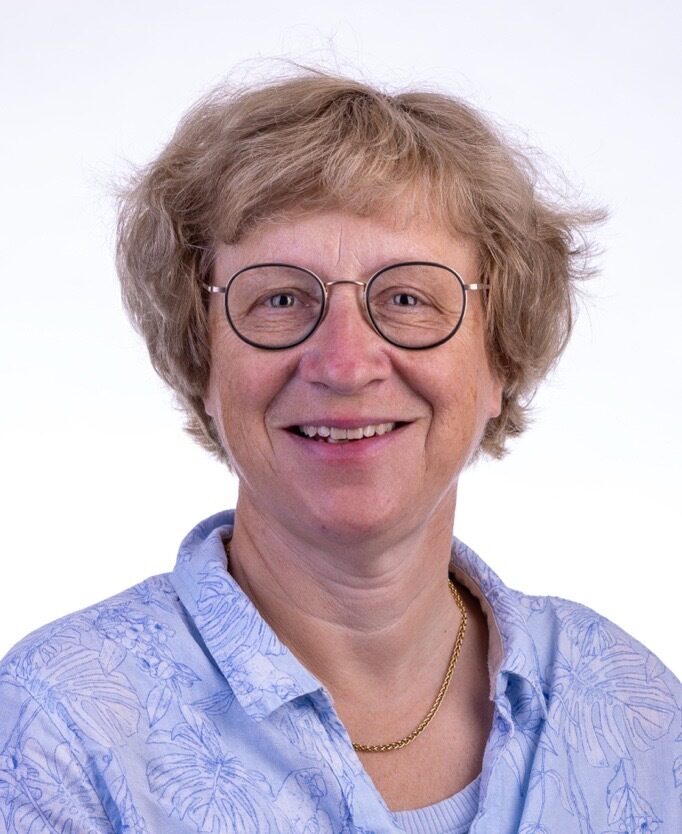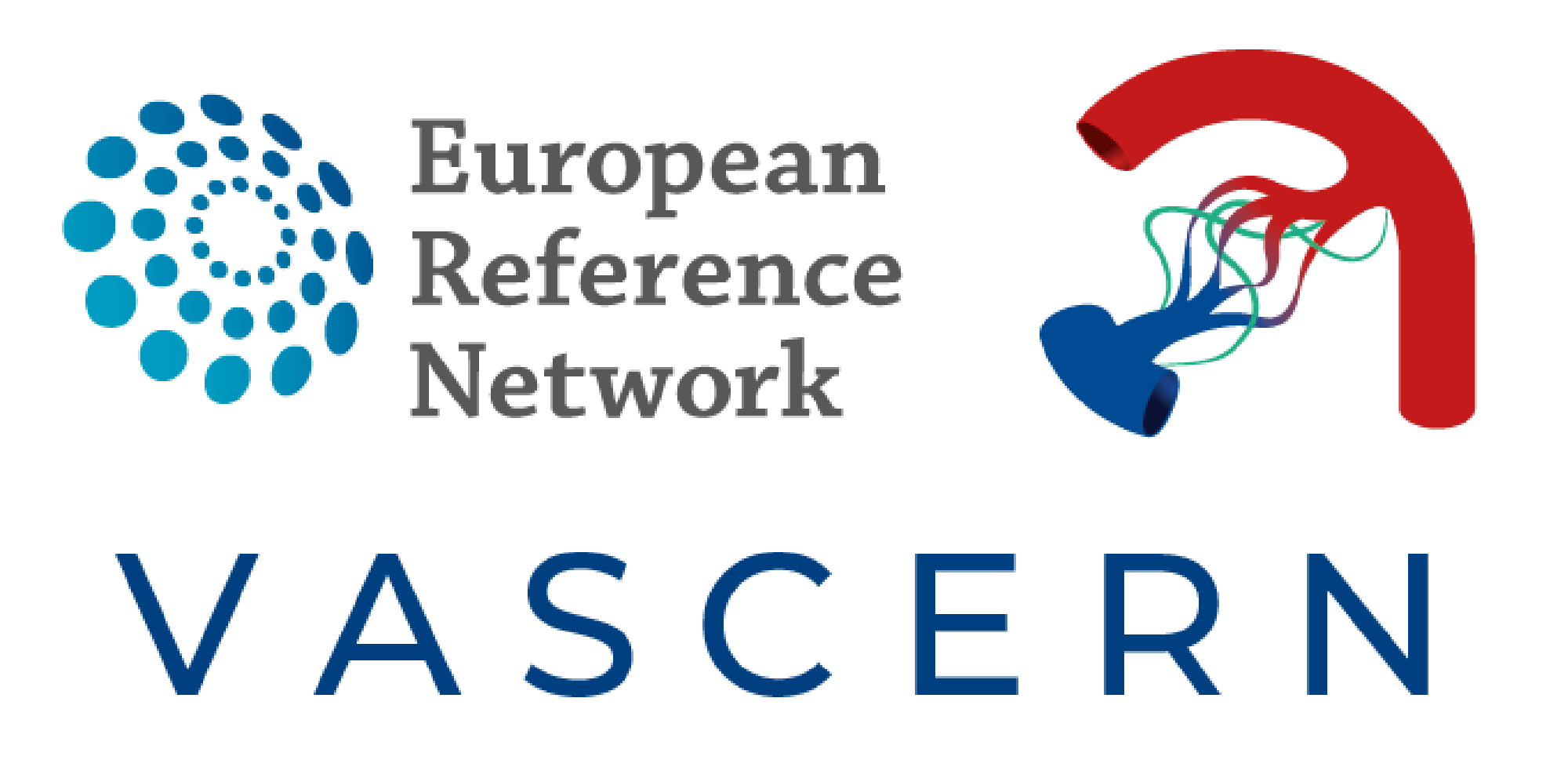
This month, we feature Prof. Anette Kjeldsen from Odense University Hospital, Denmark, and Co-Chair of the VASCERN Hereditary Haemorrhagic Telangiectasia Working Group. Prof. Kjeldsen shares how she joined VASCERN, the challenges of working in rare diseases, her proudest achievements, and her insights into current research and the future of rare vascular diseases.

What is your medical specialty, and what drew you to this field?
I am an otorhinolaryngologist with a particular interest in rhinology. My passion for this field was sparked during my medical training by my ENT professor at OUH, Karsten Ejsing Jørgensen. Otorhinolaryngology is a primarily surgical field, where we treat generally healthy patients who often benefit from simple procedures. Yet, it also brings us face-to-face with complex conditions like Hereditary Haemorrhagic Telangiectasia (HHT), which requires close monitoring of patients and their families and often involves collaboration across specialties to ensure comprehensive care.
How did you become involved with VASCERN?
My work with HHT patients began during my residency from 1992 to 1994, under the guidance of Dr. Poul Vase, a Danish ENT specialist. He had recently joined the International HHT patient and researcher organisation and encouraged me to establish embolization of pulmonary arteriovenous malformations (PAVMs) as a new treatment in Denmark. This led me to initiate research on HHT patients on the island of Funen and to establish a Danish HHT patient registry. This effort connected me with researchers worldwide, particularly in Europe, allowing us to collaborate, discuss complex patient cases, and explore research opportunities together.
What VASCERN activities do you participate in, and which do you enjoy most?
I participate in the HHT working group meetings, annual face-to-face meetings, case discussions, teaching, guideline development, and research activities. I also took part in planning Denmark’s first educational HHT clinician meeting, the BEE meeting. I particularly enjoy the research and case discussions.
What challenges do you face as a healthcare professional in the rare disease field?
One major challenge is that the rarity of these diseases often means patients must travel long distances for evaluation and treatment. Rare diseases are not always prioritized within national healthcare systems, and while these conditions are recognized as rare, the scarcity of specialists is often overlooked. Patients frequently request treatment closer to home, but this can mean extensive travel for specialists, which limits collaborative evaluations with colleagues, or the experts will see fewer patients, and can reduce the overall quality of care.
What career accomplishment are you most proud of?
I am especially proud of establishing the Danish HHT Center, which has evolved from nearly nonexistent services into a dedicated facility that provides high-standard therapy recognized internationally.
Are you currently involved in any research projects or clinical trials?
Yes, I am currently involved in several research projects, including studies on:
- Bevacizumab treatment
- Evaluation of cerebral arteriovenous malformations (CAVMs)
- Assessment of gastrointestinal bleeding
- Evaluation of hepatic arteriovenous malformations (HAVMs)
- Second-hit mutations
- New mutation identification
- Quality of life for patients with HHT
What is your greatest hope for VASCERN?
My hope is that all European citizens with HHT will have access to the best possible treatment. Through our research, I also aim to develop new treatment strategies that can benefit patients worldwide.
What are VASCERN’s main achievements, and what challenges remain?
The primary achievement of VASCERN has been the successful gathering of experts across Europe in the field of rare vascular diseases. However, challenges remain in preventing expert overload and ensuring national healthcare systems recognize their role within the European Reference Network (ERN). Such recognition is crucial for allowing experts to focus on complex cases rather than administrative tasks or routine cases.

